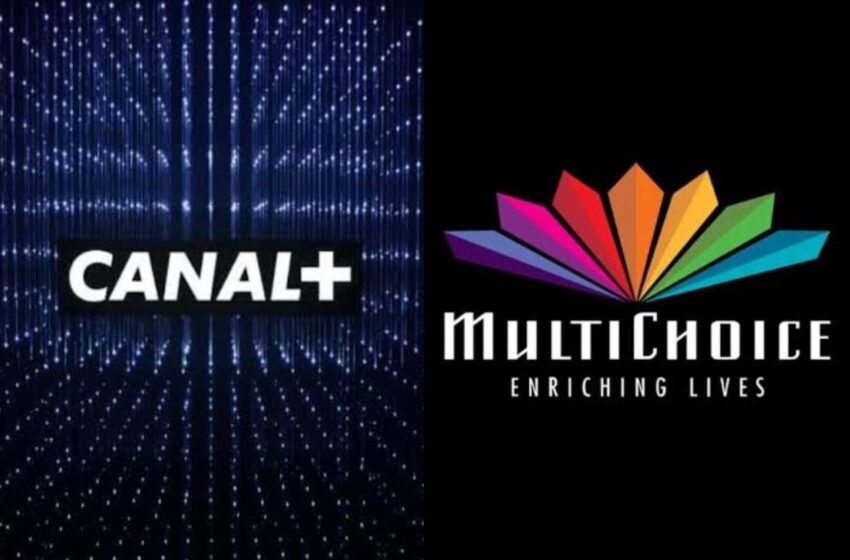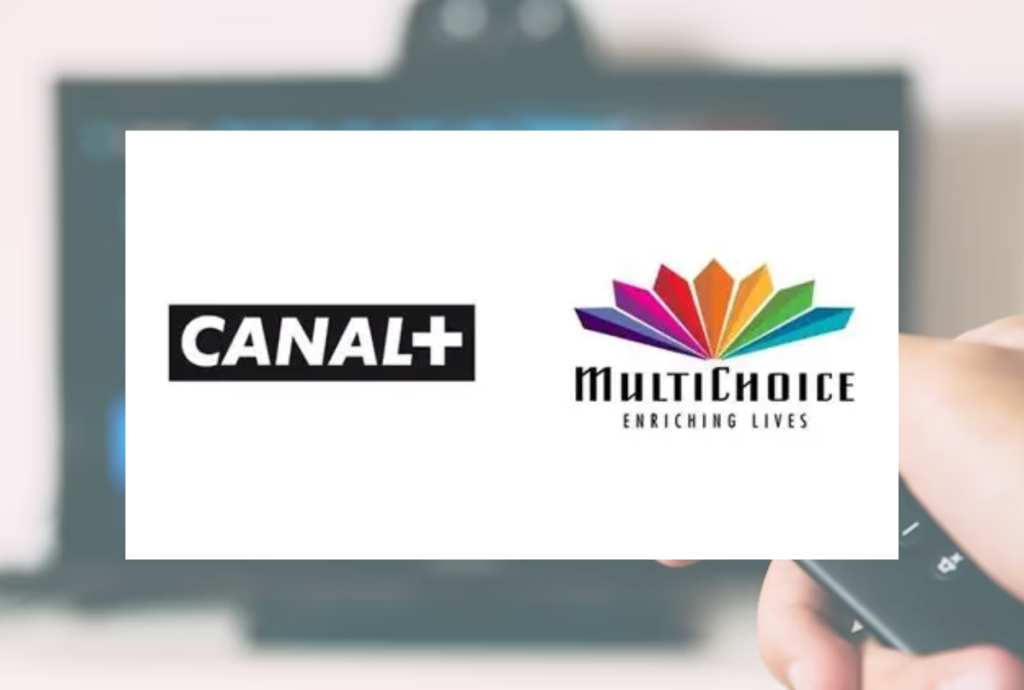Physical Address
60 Ekwema Cres, Layout 460281, Imo
Physical Address
60 Ekwema Cres, Layout 460281, Imo

MultiChoice has been approved to transfer spectrum licence to Canal+, and this is a big step in a deal that has been in the works for a while. The Independent Communications Authority of South Africa (Icasa) gave the final green light for MultiChoice to transfer Orbicom’s electronic communications and radio frequency spectrum licences to Canal+. Orbicom is the company that helps MultiChoice send out its TV signals. This transfer is important because it moves Canal+ closer to fully taking over MultiChoice.
The approval by Icasa was actually given on 28 August 2025 but was only announced to the public on 18 September 2025. MultiChoice had asked for this permission so Canal+ could take control of some key licences. These licences include the Individual Electronic Communications Service (I-ECS), the Individual Electronic Communications Network Services (I-ECNS), and the Radio Frequency Spectrum licence. The I-ECNS licence lets the holder build and run communication networks. The I-ECS licence lets the holder offer communication services to people, using their own or others’ networks. The Radio Frequency Spectrum licence gives the right to use a specific piece of the radio frequency spectrum in a certain area.
Read Next: MultiChoice Begins Reorganizing for Canal+ $3.17 Billion Takeover
The process to get MultiChoice approval to transfer spectrum licence to Canal+ was careful. Icasa looked at how the transfer would affect everyday people and whether it would keep the market fair and competitive. They also checked if the ownership rules about Historically Disadvantaged Persons (HDPs) were being followed. These rules say that 40% of Groupe Canal+’s shares need to be owned by HDPs. Icasa made sure these conditions were met to protect local interests and fairness.

In March 2025, Icasa asked for feedback from the public and other interested groups about MultiChoice’s request. This helped everyone have a say, making the process more open. Now, with the approval in place, the plan for Canal+ to fully take over MultiChoice is much closer to happening.
This approval is part of a bigger deal worth about R55 billion, which is roughly $3.17 billion. Canal+ already owned 45.2% of MultiChoice as of May 2024, but to take full control, they had to clear many legal and regulatory steps. These steps included getting OKs from other important bodies like the Financial Surveillance Department, the Johannesburg Stock Exchange, and the Competition Tribunal.
One important rule from South Africa says Canal+ can only have 20% voting rights in MultiChoice, to keep local control. To follow this rule, MultiChoice created a new company called LicenceCo. LicenceCo will hold the broadcasting licences and will be mostly owned by HDPs and employees. This helps meet the 30% Black Economic Empowerment rule set by Icasa, which aims to give historically disadvantaged South Africans a fair stake in the company.
To make sure they follow these rules, MultiChoice declared a big dividend payment of R1.375 billion to HDP shareholders. This shows the deal is not just about money but also about supporting local communities.
The MultiChoice approval to transfer spectrum licence to Canal+ is a key piece in the bigger picture. MultiChoice will bring in new investors so Canal+ can follow the law that limits foreign voting power to 20%. Alongside LicenceCo, local investors and employee groups like Phuthuma Nathi and the MultiChoice Workers Trust will hold shares.
Read Next: MultiChoice is Looking for New Investors to Help Change the Terms of the Canal+ Takeover Offer
This deal means Canal+ will use MultiChoice’s TV channels and its streaming service Showmax to compete strongly in Africa. They will be better placed to compete with big global companies like Netflix and Amazon Prime. For MultiChoice, this takeover means more money to make local shows and bring new technology.
To sum it up, MultiChoice has been approved to transfer spectrum license to Canal+, and this approval is crucial. It clears one of the last major hurdles for the takeover and helps Canal+ become a major player in African pay-TV and streaming. With the deal nearly done, viewers in Africa can expect more choices and better services soon.
Was this information useful? Drop a nice comment below. You can also check out other useful contents by following us on X/Twitter @siliconafritech, Instagram @Siliconafricatech, or Facebook @SiliconAfrica.